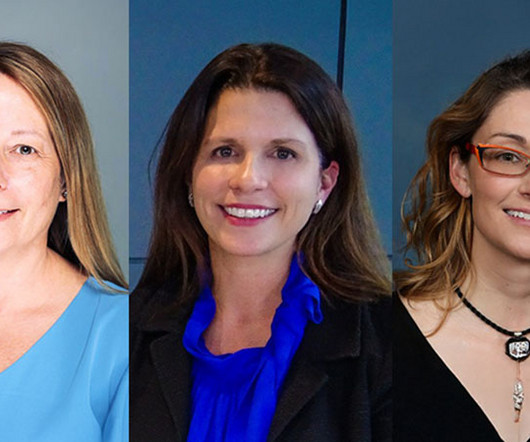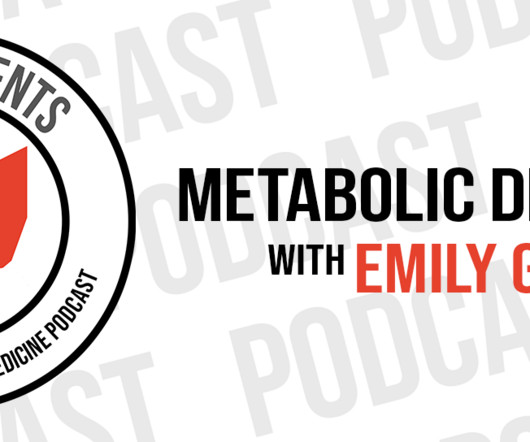Social Risk Burden and Its Impact on Healthcare Use in IBD
Physician's Weekly
JUNE 22, 2025
High social risk burden in adults with IBD drives emergency care use and medication gaps—spotlighting the urgent need for social screening in clinical practice. Social risk burden was categorized as none (0/6 domains), mild (1/6), moderate (2/6), and severe (≥3/6).

















Let's personalize your content